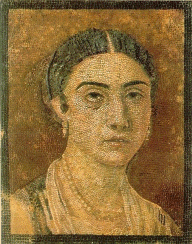| |
| |

|
|
| Modern Date : January 2nd | |

|
|
| Modern Date : January 3rd | |

|
|
| Modern Date : January 4th | |

|
|
| Modern Date : January 5th | |
 |
|
| Modern Date : January 6th | Market Day | |

|
|
| Modern Date : January 7th | Market Day | |
| |
 |
|
| Modern Date : January 8th | Market Day | |

|
|
|
| Modern Date : January 9th | Market Day | |

|
| Modern Date : January 10th | |
 |
|
|
| Modern Date : January 11th | |

|
|
| Modern Date : January 12th | |

|
|
![]()
| Modern Date : January 13th | |

|
| Modern Date : January 14th | |

|
|
| Modern Date : January 15th | |

|
| Modern Date : July 16th | Market Day | |
|

|
|
| Modern Date : July 17th | Market Day | |
|

|
|
| Modern Date : July 18th | Market Day | |
|

|
|
|
|
| Modern Date : July 19th | Market Day | |
|

|
|
| Modern Date : July 20th | Market Day | |
|

|
|
|
|
|
| Modern Date : January 21st | |

|
|
![]()
| Modern Date : January 22nd | |

|
|
![]()
| Modern Date : January 23rd | |

|
|
|
|
![]()
| Modern Date : January 24th | |

|
|
![]()
| Modern Date : January 25th | |

|
|
![]()
| Modern Date : January 26th | |

|
|
![]()
| Modern Date : January 27th | |

The emperor Nerva died on this day of apoplexy (stroke or brain hemhorrage) in 98 AD after a fit of anger. He was 62 and was succeeded by Trajan. |
|
| Modern Date : January 28th | |

|
|
![]()
| Modern Date : January 29th | |
 |
|
| Modern Date : January 30th | |

|
|
|
| |

|
![]()